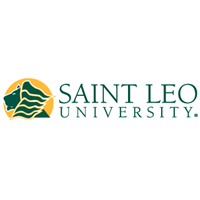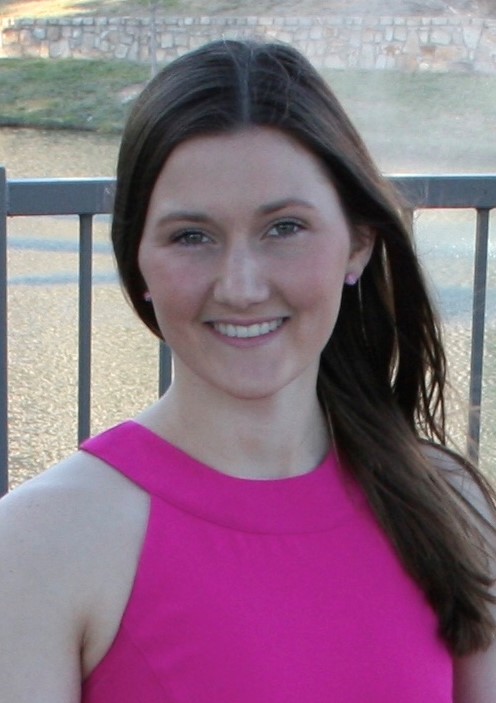Below is a summary of the abstract you submitted. Presenting author(s) is shown in bold.
If any changes need to be made, you can modify the abstract or change the authors.
You can also download a .docx version of this abstract.
If there are any problems, please email Dan at dar78@pitt.edu and he'll take care of them!
This abstract was last modified on March 21, 2023 at 8:21 p.m..

Saint Leo University has been a member of the SEA-PHAGES program since 2018. From the date of the university’s induction into the program to the present day, the students have successfully isolated over 70 bacteriophages from soil samples using Microbacterium foliorum as the host. Of the 70 bacteriophages that have been isolated, 10 have been sequenced; leading to 8 being annotated by students. Upon further exploration of the isolated bacteriophages, the most common distinct clusters sequenced include EB, EE, EK, and EF clustered phages. Despite being grouped by genomic similarity, all sequenced bacteriophages discovered at Saint Leo University express vast differences not only between differing clusters, but within each respective cluster as well. This research denotes the significant diversity using comparative analysis techniques including a genome-wide comparison through annotations, investigation of host specificity, examination of restriction enzyme digestion, and evaluation of plaque morphology. This research has received support from Saint Leo University, the HHMI Science Education Alliance-Phage Hunters Advancing Genomics and Evolutionary Science program, the Hatfull Laboratory at the University of Pittsburgh, the ARS Culture Collection (NRRL), and the Transmission Electron Microscopy Facility at the University of South Florida.

